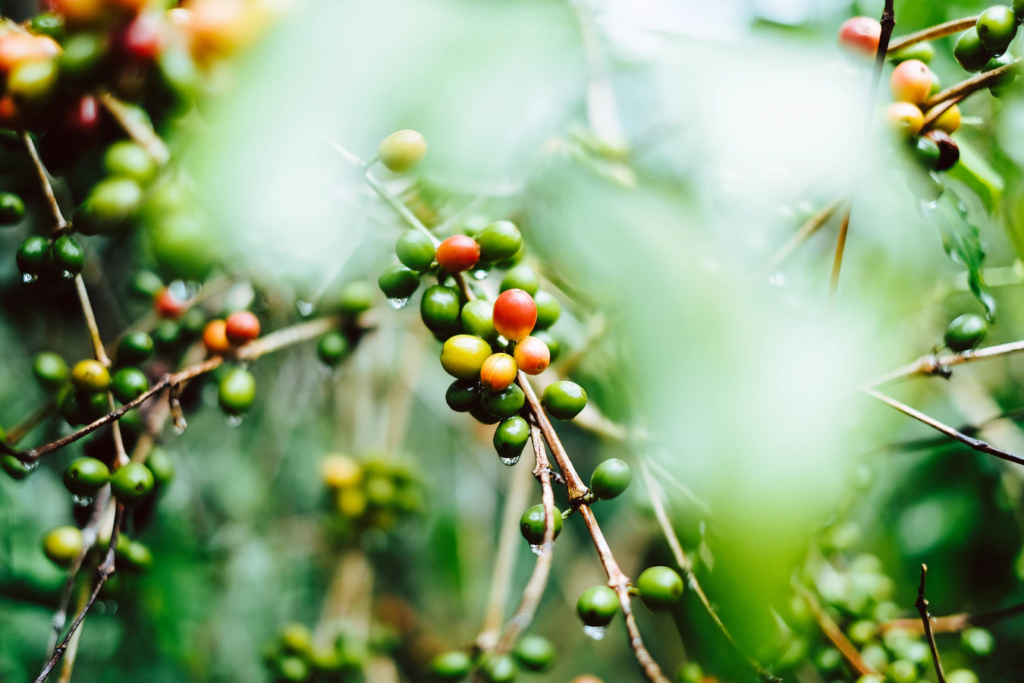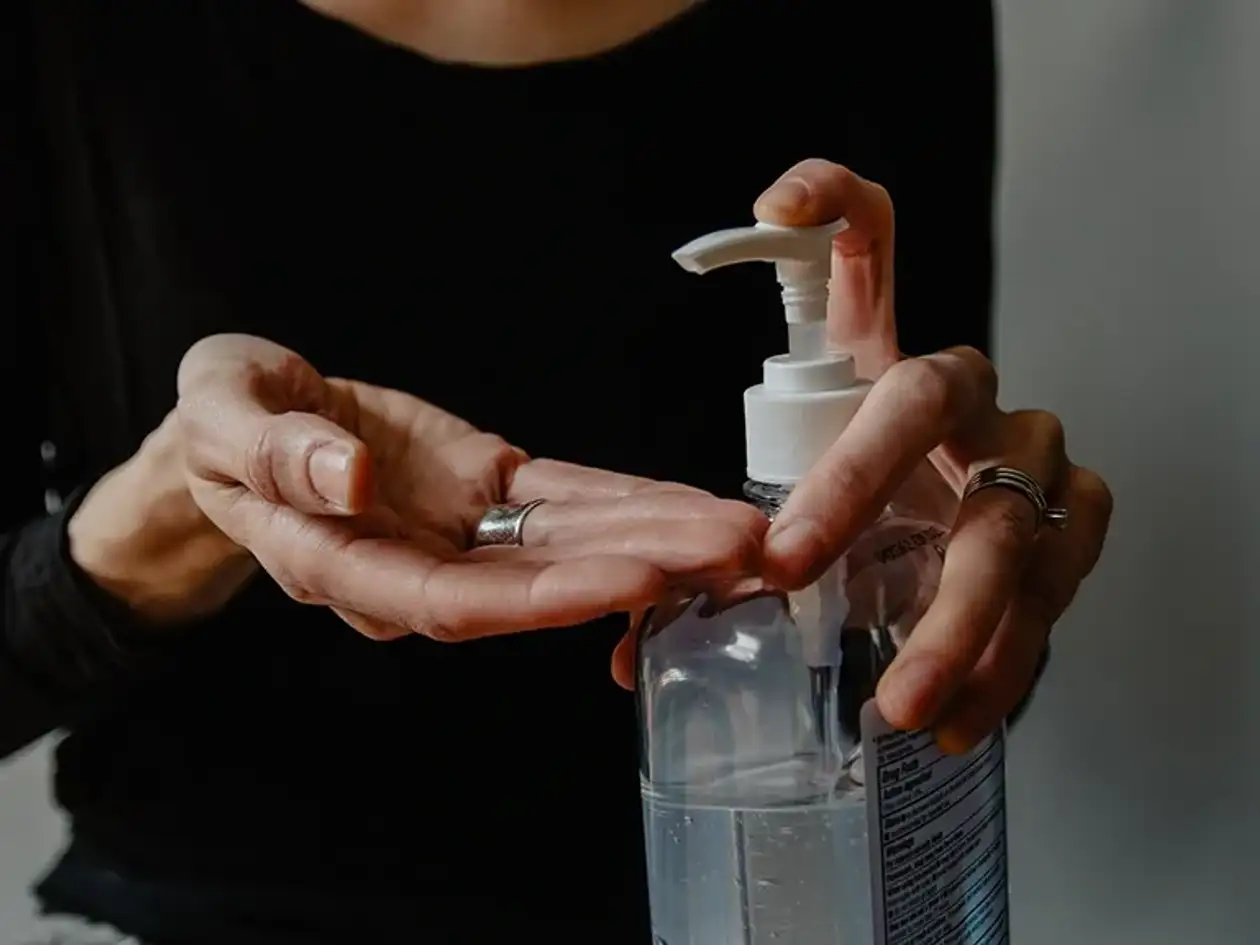Ethanol belongs to the chemical family of alcohols, which, with their diverse chemical properties, find extensive use in various industries, ranging from food and pharmaceuticals to automotive and manufacturing. While ethanol is one of the most well-known and widely used alcohols, there are several others that deserve recognition for their unique attributes and applications. In this blog post, we explore some prominent alcohols next to ethanol that are commonly employed in food and industrial settings, delve into cases where ethanol can serve as a viable alternative, and examine the reasons behind its preference.
Isopropyl alcohol (IPA)
Isopropyl alcohol, commonly known as rubbing alcohol, is a widely used antiseptic and disinfectant. It is also a very common denaturant that is mixed with ethanol in order to make a product unfit for human consumption. While both IPA and ethanol are used in disinfectants, ethanol is more effective in killing certain types of viruses which IPA has no effect on. Ethanol is also cheaper than isopropyl alcohol, therefore rivalling in popularity when it comes to its use in cleaning supplies and, for example, hand sanitisers.
Methanol
Methanol, or methyl alcohol, is a vital industrial solvent and a precursor for formaldehyde production. In some instances, ethanol can replace methanol as a solvent. While methanol is sometimes mixed into biofuels, ethanol is now the more prevalent alcohol that is used for gasoline; E10, a fuel mix including 10% fuel ethanol, is already present at gas stations worldwide, including Australia, the US, and Europe.
Propanol
Propanol or propyl alcohol finds its use as a solvent in various industries. However, ethanol is often preferred since it is a better solvent due to its shorter carbon chain. Ethanol is also widely available, has a lower cost, and is very compatible with existing infrastructure. In cases where ethanol exhibits similar solvency properties to propanol for a specific application, customers may choose ethanol to streamline their production processes and reduce expenses.
Ethylene glycol
Ethylene glycol is widely used as an antifreeze agent in automobile cooling systems. Next to preventing or removing frost, ethylene glycol also protects automotive systems against the formation of rust. While ethanol can also lower the freezing point of water and has, therefore, antifreeze properties, it is, for this purpose, not as commonly employed as ethylene glycol. The preference for ethylene glycol lies in its superior thermal stability and efficiency, especially in extreme temperatures, ensuring reliable engine protection. Therefore, a mix of ethylene glycol, ethanol, and a couple of other chemicals is used for screen wash solutions.
Glycerol
Glycerol is utilised as a sweetener, thickening agent, and preservative in the food and pharmaceutical industries. Since it has very different biological properties from ethanol, it cannot be replaced in any applications with ethanol.
The multitasking nature of ethanol
Ethanol stands as a versatile alcohol with a plethora of applications across various industries. While it cannot replace all other alcohols in every circumstance, its unique properties, lower pricing and wide availability make it a preferred choice in many cases. From disinfectants and solvents to renewable biofuels, ethanol continues to play a significant role in enhancing our lives and industries.











Leave a comment